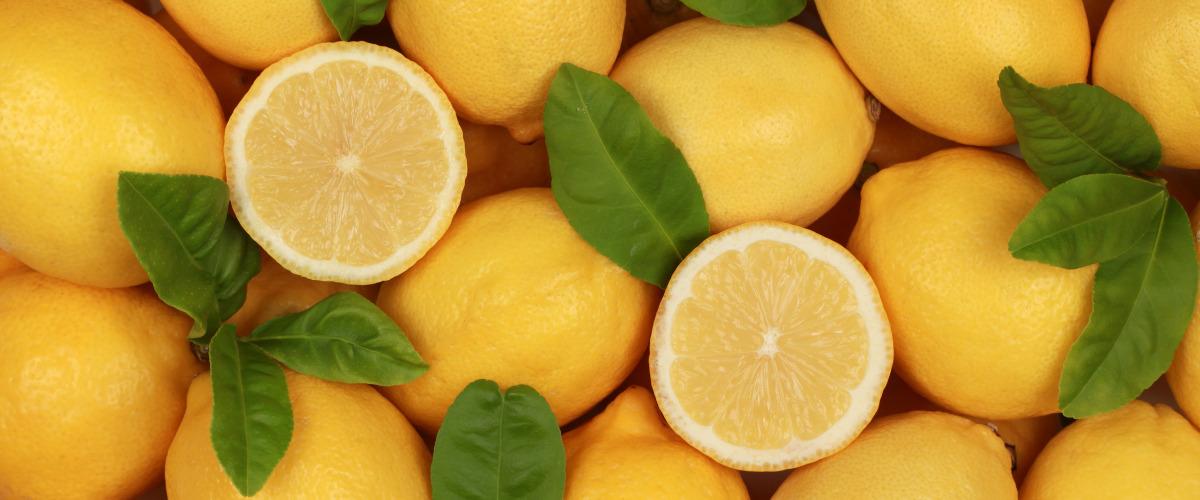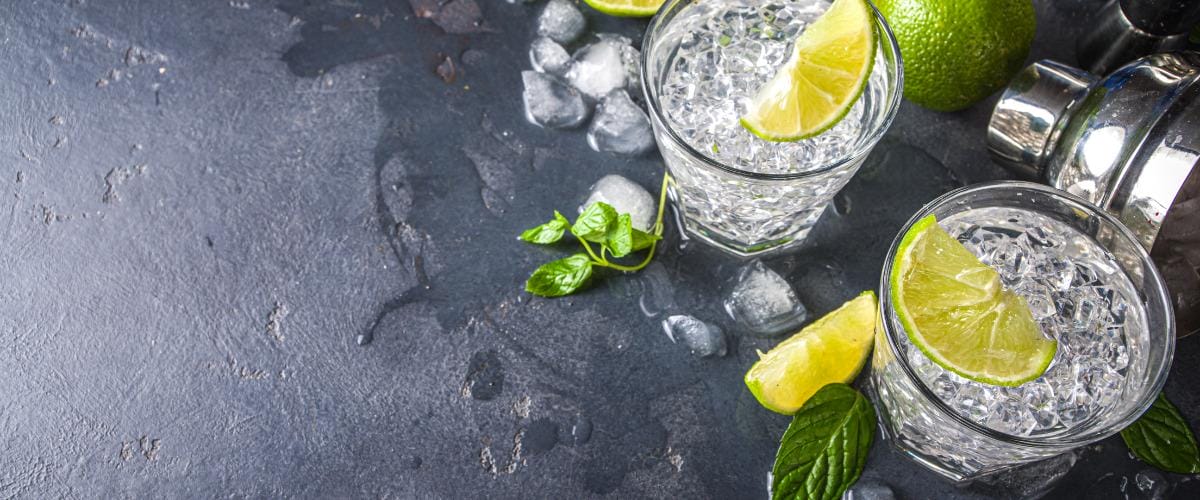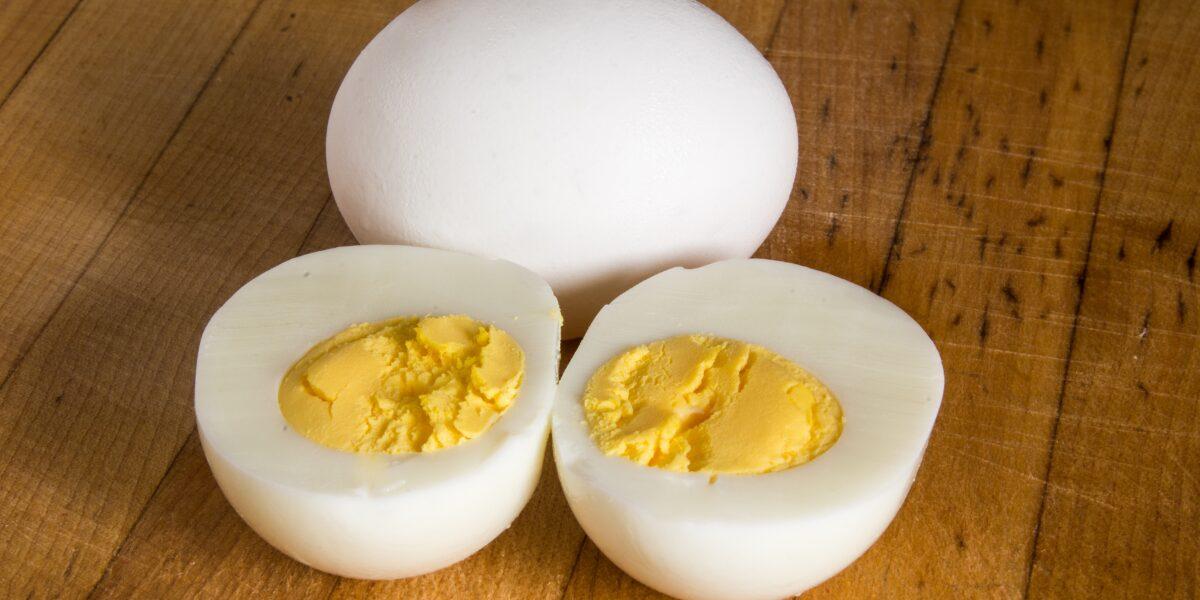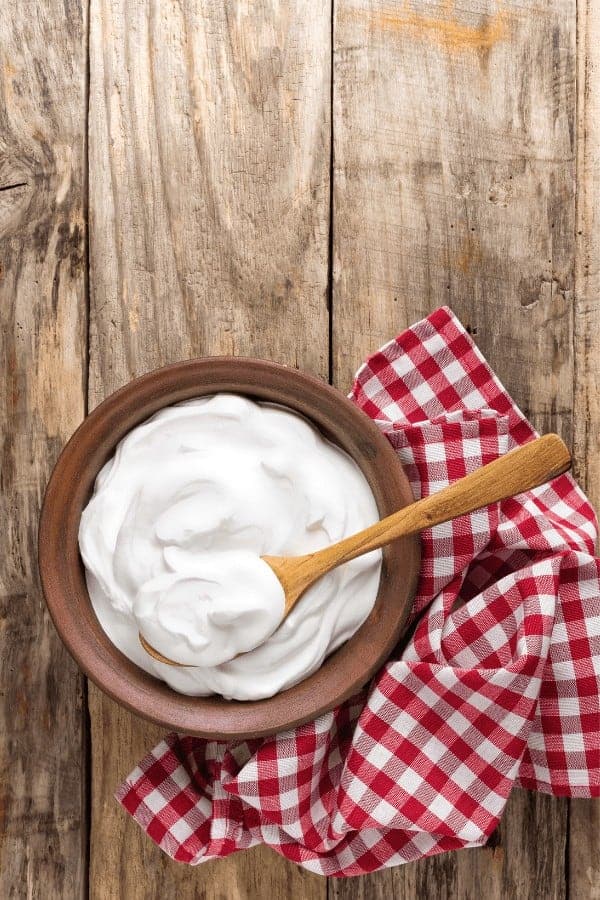I always end up with a plethora of Meyers lemons from our tree. Having an abundance of Meyer lemons is a wonderful “problem” to have! I give away many but refuse to throw them away, so I am always looking for various ways to use them.

Over the years, I have found many things to do with them and the easiest ways to make sure they don’t go to waste! Here are some reasons why freezing them is beneficial:
Frozen Lemon Benefits
Frozen lemons can offer several benefits, particularly when it comes to preserving their nutrients and using them conveniently:
- Extended Shelf Life: Freezing lemons can significantly prolong their shelf life. Rather than letting them spoil, freezing preserves the lemons for future use, maintaining their taste and nutrients.
- Preservation of Nutrients: Freezing lemons retains most of their nutritional value, including vitamin C and antioxidants. While some minimal nutrient loss may occur during freezing, it’s a better option than letting the lemons degrade over time.
- Convenient Storage: Frozen lemons can be stored for months, allowing you to have tasty fruits on hand whenever you need them without worrying about them spoiling.
- Versatile Use: Whether it’s using frozen lemon juice in recipes, adding zest to dishes, or even using frozen lemon slices in drinks as an ice cube alternative, having frozen lemons on hand offers versatility in the kitchen.
- Reduction of Food Waste: Freezing lemons is an excellent way to prevent food waste. It allows you to preserve excess lemons and use them at your convenience, even if you initially had more than you needed.
When freezing lemons, consider individually freezing lemon juice in ice cube trays or freezing lemon zest in small portions for easy access and portion control.

Properly packaged and sealed in airtight containers or freezer bags, frozen lemons can be a valuable addition to your kitchen for various culinary purposes for many months.
- Preserve Them: Meyer lemons can be preserved in salt, turning them into a flavorful condiment. Slice them, pack them in a jar with salt, and let them sit for a few weeks. You can then use the preserved lemons in various dishes like stews, salads, or as a garnish.
- Freeze the Juice and Zest: Juice the lemons and freeze in ice cube trays for future use. Additionally, you can zest the lemons and freeze the zest in airtight containers to add a burst of citrus flavor to dishes later on.
- Make Lemon Curd: Meyer lemons are perfect for making lemon curd—a delightful spread or filling for desserts. The curd keeps well in the fridge and can be used in tarts, cakes, or simply spread on toast.
- Create Infusions: Use the zest or peel of Meyer lemons to infuse oils, vinegars, or spirits. Lemon-infused olive oil or vinegar can be great in salads or marinades, while lemon-infused vodka or gin can make flavorful cocktails.
- Bake Lemon Treats: Explore baking recipes like lemon bars, lemon muffins, lemon cakes, or lemon cookies. Meyer lemons’ slightly sweeter and less acidic taste can add a unique flavor to these treats. Check out our easy Lemon Pie recipe here!
- DIY Household Cleaners: Meyer lemons are excellent for making natural household cleaners due to their acidity. Mix lemon juice with vinegar or baking soda for a powerful and fragrant cleaner for kitchen surfaces or as a natural deodorizer.
- Share Homemade Gifts: Use Meyer lemons to create homemade gifts like lemon marmalade, flavored salts or sugars, or even homemade limoncello to share with friends and family.

With Meyer lemons, there’s a wide range of culinary and household possibilities. Feel free to experiment and discover new ways to enjoy and utilize their vibrant flavor!
There are several ways to make use of leftover lemon peels:
- Zest: The outermost layer of the peel contains flavorful oils. You can grate or zest the peels to use in recipes like lemon zest for baked goods, dressings, marinades, or seasoning for dishes.
- Infusions: Steep lemon peels in vinegar or alcohol to create infused liquids for cleaning or cooking. Lemon-infused vinegar makes a great natural cleaner, while lemon-infused alcohol can be used in cocktails or to enhance certain recipes.
- Candied Peels: Simmer the peels in a simple syrup, then dry them and roll them in sugar. These candied lemon peels can be used as a sweet snack or as a garnish for desserts.
- Flavoring: Lemon peels can be added to sugar or salt to infuse them with a citrusy flavor. You can use these flavored salts or sugars in various recipes to add a zing. Try these lemon cookies!
- Potpourri or Air Fresheners: Dry the peels and mix them with other aromatic ingredients like cloves or cinnamon to create homemade potpourri. Alternatively, boil the peels in water with spices to create a natural air freshener.
- Skin Care: Rubbing a lemon peel on your skin can help to exfoliate and brighten it. You can also add dried and powdered lemon peel to homemade facial masks or scrubs.
- Compost: Lemon peels are great for composting due to their high nutrient content. They can enrich your compost pile and contribute to healthier soil.
Remember, it’s essential to use organic lemons when using the peels for consumption, as conventional ones might have pesticides or wax coatings.

Can you freeze lemons?
YES!!! I do it every year and it works out great when I don’t get any…like last year’s freeze!
Freezing lemons is a great way to preserve them for later use. Here’s a simple guide to freezing lemons:
- Juice: If you want to freeze lemon juice, start by juicing the lemons. Strain the juice to remove any seeds or pulp.
- Ice Cube Trays: Pour the lemon juice into ice cube trays. This allows you to freeze the juice in convenient portions. Once frozen, transfer the lemon juice cubes into a sealed freezer bag or airtight container. Label with the date for easy identification.
- Zest: For lemon zest, grate the outer peel of the lemons using a fine grater. Spread the zest in a thin layer on a baking sheet lined with parchment paper and place it in the freezer. Once frozen, transfer the zest into a freezer bag or container.
- Whole Lemons: If you prefer to freeze whole lemons, wash and dry them thoroughly. Place them in a freezer bag or wrap them tightly in plastic wrap. Freezing whole lemons might change their texture when thawed, making them softer, but the juice can still be extracted for use. You can use them to make our Roasted Okra with lemon meal.
Remember to remove as much air as possible from the containers or bags to prevent freezer burn. When you’re ready to use the frozen lemons, simply thaw them in the refrigerator or at room temperature.
Frozen lemon juice can be used in recipes just like fresh juice, and frozen zest can be added directly to dishes while cooking or baking.




